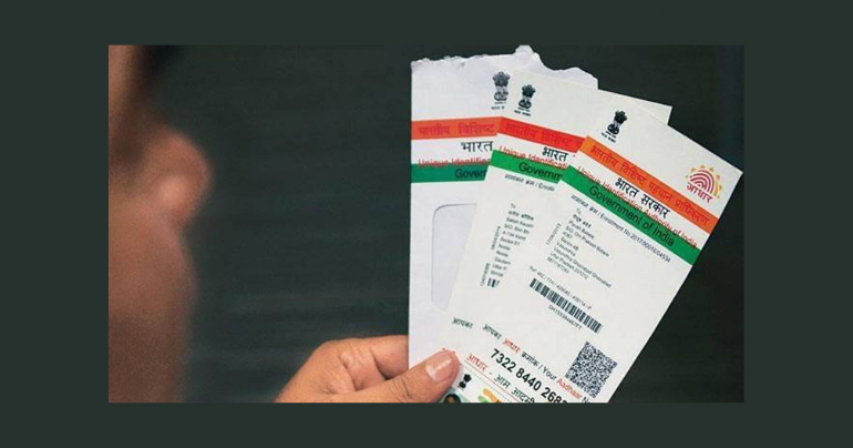How Indian expats can apply for Aadhaar card; process, documents explained

If you're an Indian expatriate living in the UAE and seeking an Aadhaar card for identity verification, it's a straightforward process if you have the necessary documentation in order.
The Aadhaar card, a unique 12-digit number linked to biometric data, serves as a centralized identity, age, and address proof in India. While non-resident Indians (NRIs) aren't required to have an Aadhaar card, obtaining one can be beneficial if they plan to return to India or stay for an extended period, facilitating banking, property rental, financial transactions, and government processes.
The Unique Identification Authority of India (UIDAI) offers an 'Aadhaar on Arrival' provision for NRIs. While NRIs can apply for an Aadhaar card online or offline, they must be physically present in India to complete the biometric authentication.
There are different forms of Aadhaar cards for various age groups:
1. Form 1: For individuals aged 18 and above.
2. Form 2: For NRIs enrolling or updating with an address outside of India.
3. Form 3: For children aged 5 to under 18 years, with or without an Indian address proof.
4. Form 4: For NRI children in the same age group without an Indian address proof.
Here's a step-by-step guide to applying for an Aadhaar card:
1. Book an Appointment:
- Online: Visit the UIDAI website, select your location, provide your Indian mobile number, and book an appointment slot.
- Offline: Visit an Aadhaar center and schedule a biometric appointment.
2. Submit Documents:
- Present all necessary documents in person at the UIDAI enrollment center.
3. Biometric Data Collection:
- Visit the UIDAI enrollment center to record biometric details, including finger scans, iris scans, and a photograph.
4. Card Delivery:
- Your Aadhaar card will be dispatched to your registered Indian address within 90 days.
Mandatory Documents Required for NRI Aadhaar Card:
1. Valid Indian Passport (proof of identity and address).
2. In the absence of an Indian address proof, provide other UIDAI-approved Proof of Address (PoA) documents like PAN or utility bills.
3. Additional documents may be required as evidence of residency status in another country, such as a photocopy of the stamped visa.
4. Birth certificate for individuals born on or after October 1, 2023.
5. For NRI children, a valid Indian passport serves as the only accepted Proof of Identity (POI) and Proof of Address (POA).
Obtaining an Aadhaar card as an NRI ensures seamless identification and access to various services in India, streamlining administrative processes for expatriates.
By: Sahiba Suri





Comments